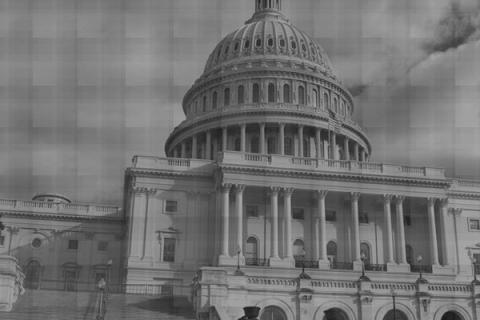In America, we do not negotiate with terrorists. That’s the mantra. Reagan said it, Bush said it, and now even Mitt Romney is saying it. Yet according to a May 6tharticle from the Washington Post, the United States for the last several years has been engaging in sit down talks with the Taliban and related terrorist organizations.
The talks have centered on negotiations for the release of imprisoned insurgents in exchange for pledges of peace, information, and influence. This “strategic release” program is limited to the most violent sections of Afghanistan where military operations have reached the limit of effectiveness. The silence of the program raises more questions about how little the public knows of operations in Afghanistan and the Middle East. Perhaps most revealing of all, the program has raised tensions with the Afghan government who are often excluded from talks.
Whether or not one agrees with the strategic benefit of sit-down talks with the Taliban, the lack of transparency being used in doing so is disheartening. The insurgents being released are coming from the Parwan detention center. This allows for privacy since Congress does not play a role in regulating Parwan, like they do with the Guantanamo Bay prison, for example. Military officials have confirmed the existence of the program, and that it has been going on for years, but would not confirm when exactly it was established, how many prisoners have been released, or if any released prisoners have returned to violence.
It is also unclear how high up the chain of command each release goes. Who has the ultimate say on which terrorists can be released and which Taliban leaders can be trusted to hold up their end of the deal and refrain from violence? The clandestine nature of the program is uncomfortably similar to the silent expansion of drone use in Afghanistan and the entire region.
Both of these programs have come about quietly, and both are endangering relations with American allies in the Middle East. Pakistani-US relations are at an all time low with the continuation of unmanned aerial attacks on Pakistani land, technically an act of war. And now, the Afghan government is aggravated at their exclusion from these sit down talks. The US is actively striving for their inclusion, but the insurgent groups requesting the negotiations refuse to work with the Afghan government, seeing the US as the only legitimate source of power.
This breakdown of responsibility sums up the ultimate failure in Afghanistan. The United States presence in Afghanistan is holding the country together, as the democratic government set up is crippled by corruption and a lack of infrastructure. For instance, now more than ever, Taliban insurgents are turning to the Afghan government looking to move beyond violence and rejoin society. The Afghan government, however, is not prepared to help them. This lack of preparedness is what leaves room for the Taliban and related groups to gain traction and puts the US in a diplomatic bind.
Ultimately, the Obama Administration’s openness to negotiation with terrorist organizations is levelheaded and realistic, and may be one of the few strategies remaining to bring change to Afghanistan. However, its methods of doing so, in secrecy, and hindered by a lack of Afghan preparedness, are reminiscent of all that is going awry with current US involvement in the Middle East.

